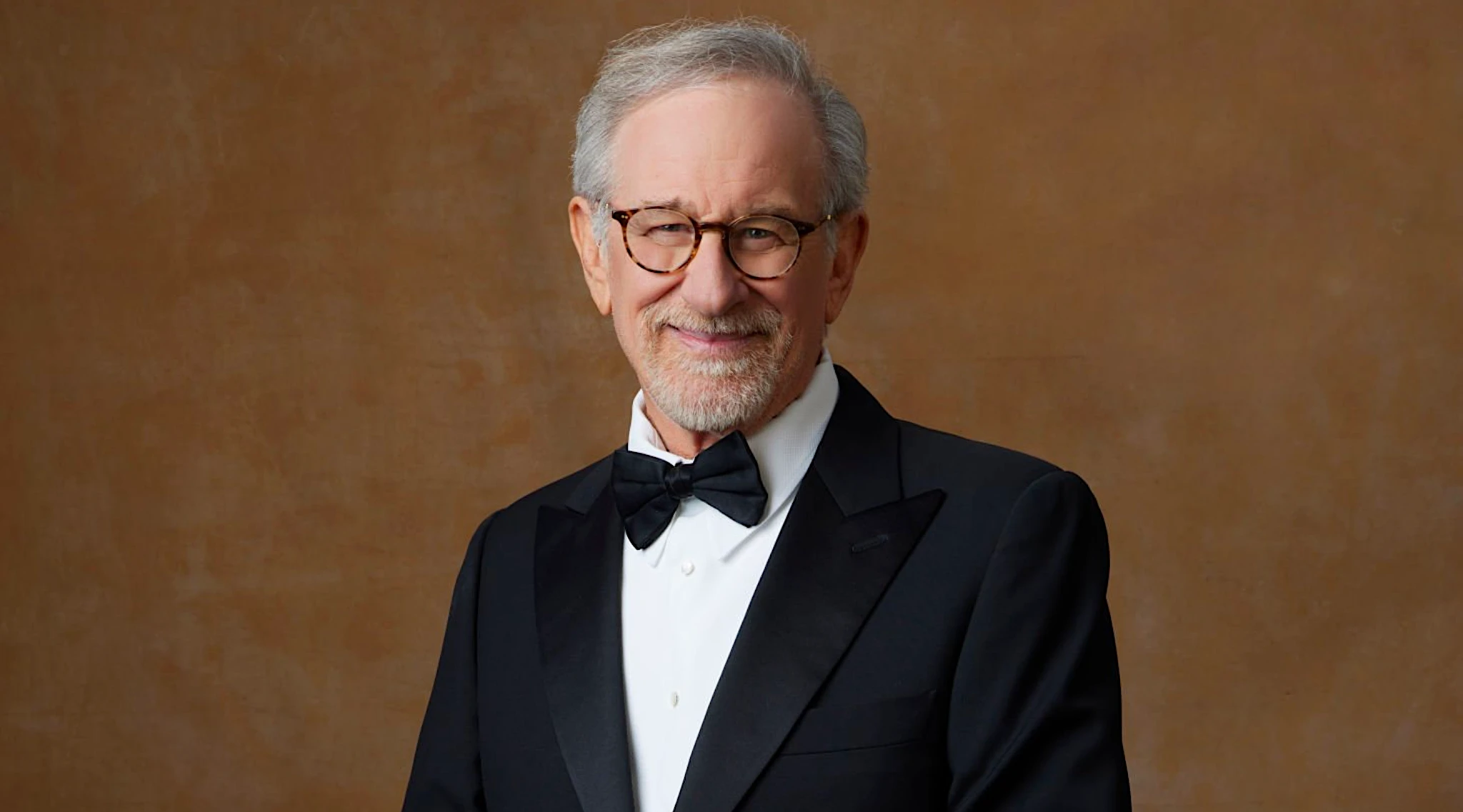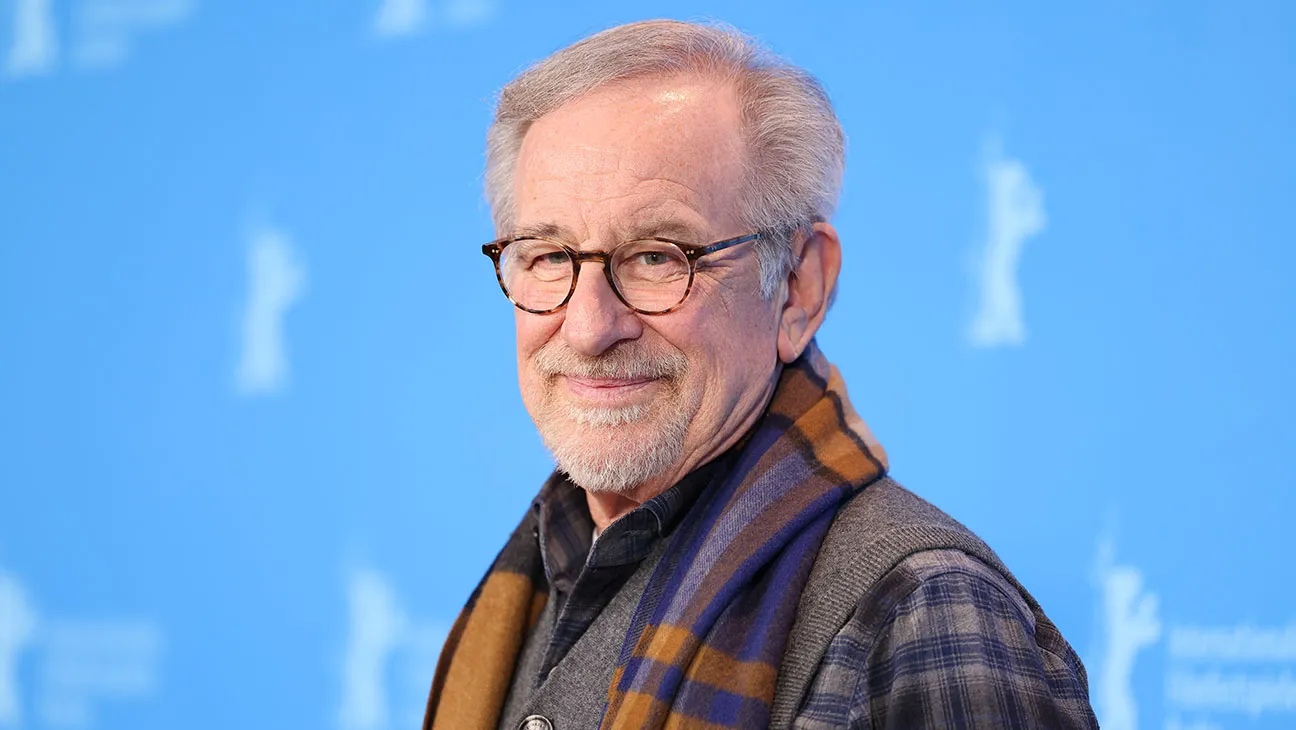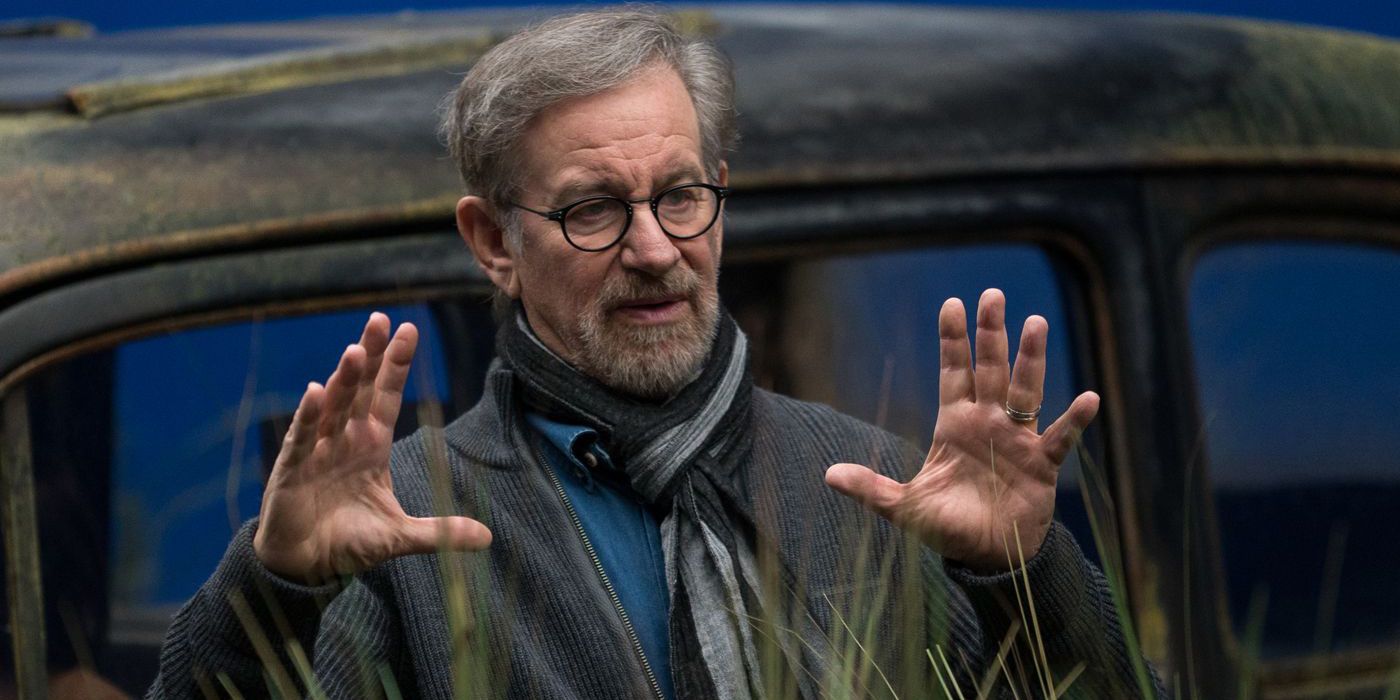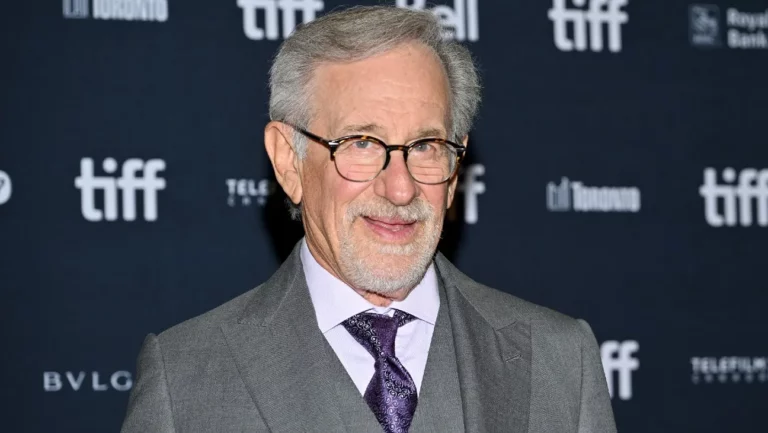As one of the most celebrated filmmakers in Hollywood, Steven Spielberg is synonymous with blockbuster cinema. From timeless classics like Jaws to the thrilling adventures of Indiana Jones and the awe-inspiring Jurassic Park, Spielberg has continuously shaped the landscape of modern film. Yet, despite being behind some of the most iconic movies in history, Spielberg has revealed a surprising truth—he doesn’t watch his own movies. But why would a director of his stature avoid revisiting his masterpieces? The answer lies not just in humility but in his evolving approach to filmmaking.

Spielberg’s Reluctance to Relive His Creations
During a candid interview with The New York Times, Steven Spielberg revealed a little-known fact about his relationship with his films: he doesn’t rewatch them. One might assume it’s simply because he’s already seen them countless times during the editing process. However, the real reason is much deeper than that. Spielberg explained:
“I’m really too busy, both in my private life and in my professional life, to have a lot of time to dwell on success or failure.”
For Spielberg, watching his old films feels like a step backward. He emphasized that he’s always been in a hurry to move forward in his career, constantly seeking fresh stories and challenges, leaving little time for retrospection. The famed director continued:
“That’s why I don’t sit down and look at my movies on a movie screen after I’ve made them.”
In essence, Spielberg sees no value in revisiting his past triumphs. He feels that reminiscing might foster complacency, an idea he’s deeply wary of. For a filmmaker who has spent his career at the cutting edge of cinema, nostalgia is more of a hindrance than an inspiration.
Fearing Complacency: The Real Reason Behind Spielberg’s Decision
At the heart of Spielberg’s decision to avoid his films is a desire to stay creatively hungry. Spielberg fears that looking back might tempt him to settle into past successes rather than striving for new heights. He’s long maintained a philosophy of constant forward momentum, both in his personal and professional life.
Spielberg explained that watching his old films could shift his focus from innovation to reflection, and that’s not something he’s willing to risk. As one of Hollywood’s busiest and most prolific directors, Spielberg sees the act of rewatching his work as counterproductive. It would not only consume time but might also shift his mindset away from the future of storytelling.

Evolution of Spielberg’s Filmmaking: From Audience Pleaser to Message Maker
Spielberg’s reluctance to dwell on his past success isn’t just about staying busy—it’s tied to his evolving identity as a filmmaker. In his early years, Spielberg’s primary aim was to captivate audiences, crafting narratives from the perspective of someone sitting in a theater seat. His early work, such as Jaws, Raiders of the Lost Ark, and E.T., was designed to entertain and thrill viewers.
However, as Spielberg matured, so did his approach to filmmaking. He’s no longer satisfied with simply pleasing the crowd; he now feels a responsibility to tell stories that carry deeper, more socially relevant messages. Spielberg elaborated:
“Because I’m older now I feel a deeper responsibility to tell stories that have some kind of social meaning.”
His later works, like Schindler’s List and Saving Private Ryan, reflect this shift. These films are not just cinematic spectacles but also deeply moving explorations of human history and morality. For Spielberg, his role as a filmmaker has evolved beyond entertainment—he now seeks to educate, inform, and provoke thought with his movies.
Balancing the Past and Present: Spielberg’s Latest Cinematic Journey
Even though Spielberg’s directorial journey has transitioned from blockbuster thrills to socially significant narratives, he hasn’t completely abandoned his original instincts. In fact, his more recent films, like Ready Player One and West Side Story, demonstrate a delicate balance between entertainment and social commentary.
Spielberg’s latest project, The Fabelmans, offers a particularly personal insight into his life. Drawing from his own experiences, this semi-autobiographical film blends his trademark storytelling flair with an intimate look at family and ambition. It’s a testament to his ability to stay true to his roots while still evolving as a filmmaker.
In this way, Spielberg continues to push the boundaries of his craft without losing sight of his own artistic evolution. Despite his reluctance to look back, his filmography remains a living testament to his extraordinary contributions to cinema—each new movie a reflection of his growth and dedication to storytelling.

Steven Spielberg’s unwillingness to rewatch his films is not merely about staying busy—it’s a conscious decision to remain future-focused. By choosing to avoid the temptation of nostalgia, he ensures that he remains at the forefront of cinema, always pushing for the next breakthrough. His journey from crowd-pleasing blockbusters to socially resonant films underscores his commitment to evolving as an artist.
For Spielberg, looking back is a luxury he cannot afford. As the mastermind behind some of the most significant films in cinematic history, his refusal to dwell on past glories keeps him grounded and ever-forward moving. Spielberg’s philosophy is a valuable lesson for creatives across industries: innovation comes not from celebrating past success but from striving toward new challenges.
As one of Hollywood’s true visionaries, Steven Spielberg continues to inspire filmmakers and audiences alike—always looking ahead to the next story that needs to be told.
